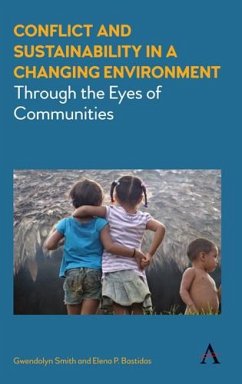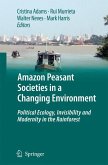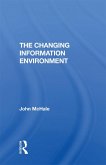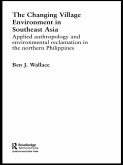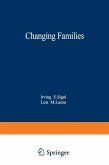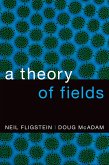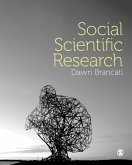Local communities are now, more than ever before, experiencing environmental change. These changes draw attention to the discrepancy and conflict between their own views and the views of the initiators of development, such as governments and multilateral organizations. The main thesis of the book unfolds around the idea that under changing environmental conditions, sustainable development can only be achieved when communities can overcome the view conflict and are free to set their own goals.
Using a case study of the Trio indigenous peoples in Suriname, the book presents an "inside" view of a community on the path towards sustainable development when facing climate change. It introduces a new framework, called VIEW, to comprehensively analyze the views of the Trio community when progressing through the different stages of development. The community apparently goes through a process of judging climate change against their own values, followed by creating a meaning about it and ultimately making a decision on how to act.
This book will take the reader beyond examining a few examples from the field. It discusses the position of a researcher in community development and presents several tools and indicators to effectively work with communities. The book lays out a set of principles for researchers to engage in ethical, effective and valid research. Only with the right mindset, a researcher can look through the eyes of the community in a respectable manner and implement a truly bottom-up approach in sustainable development.
Using a case study of the Trio indigenous peoples in Suriname, the book presents an "inside" view of a community on the path towards sustainable development when facing climate change. It introduces a new framework, called VIEW, to comprehensively analyze the views of the Trio community when progressing through the different stages of development. The community apparently goes through a process of judging climate change against their own values, followed by creating a meaning about it and ultimately making a decision on how to act.
This book will take the reader beyond examining a few examples from the field. It discusses the position of a researcher in community development and presents several tools and indicators to effectively work with communities. The book lays out a set of principles for researchers to engage in ethical, effective and valid research. Only with the right mindset, a researcher can look through the eyes of the community in a respectable manner and implement a truly bottom-up approach in sustainable development.
Dieser Download kann aus rechtlichen Gründen nur mit Rechnungsadresse in A, D ausgeliefert werden.

